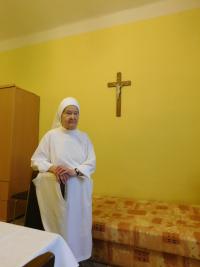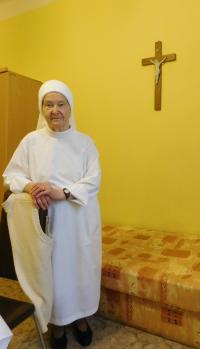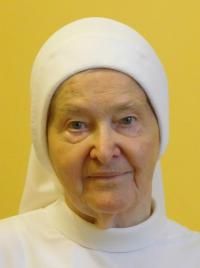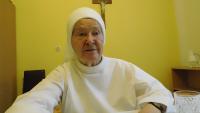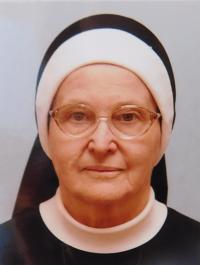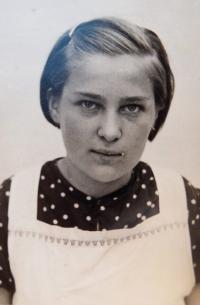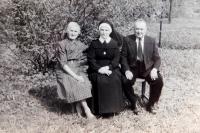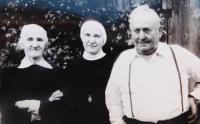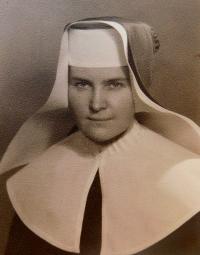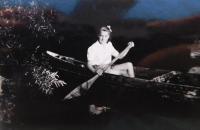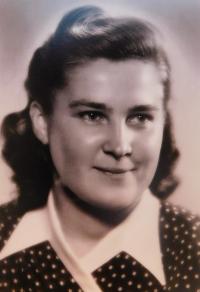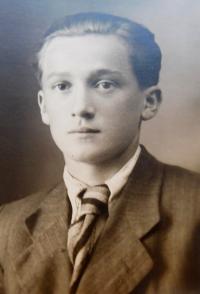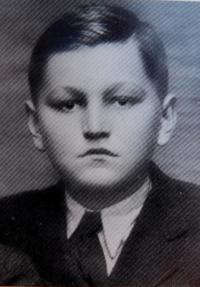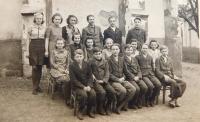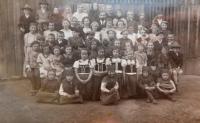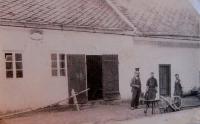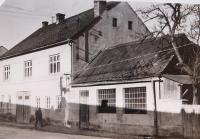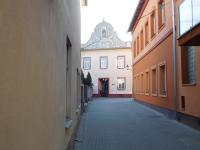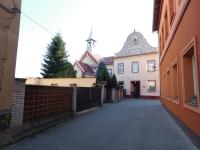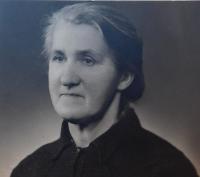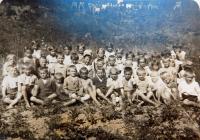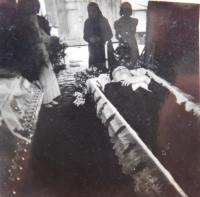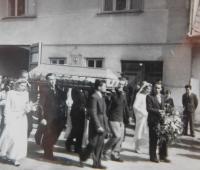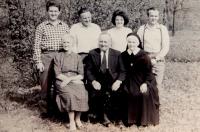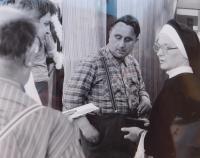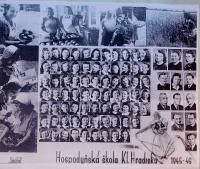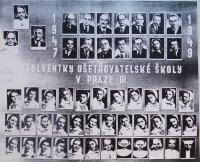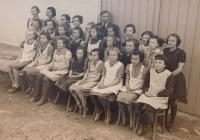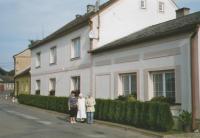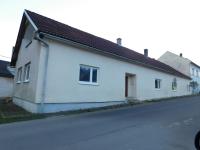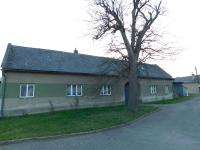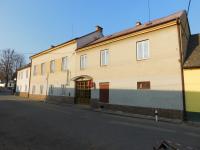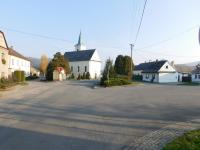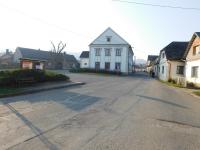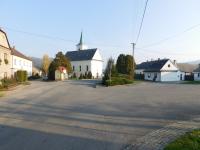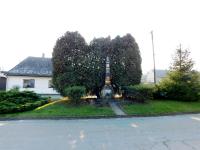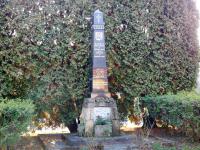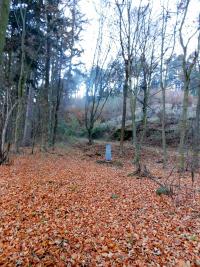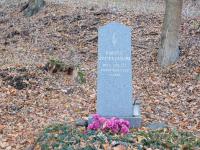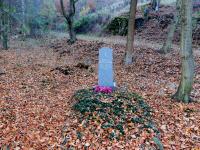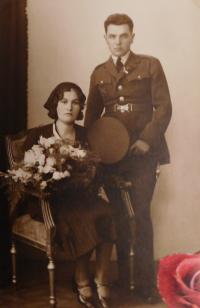Thank you for praying for me

Download image
Sister Petrina Anna Schreiberová was born on 15 April, 1928 in Vranová Lhota as the third child of five of Josef and Anna Schreiber. A day before the end of war the Germans almost shot her father and two brothers together with all men from the native village. They survived, but three innocent men lost their life for a death of a single German soldier, amongst which was also Jan Jirauch, a cousin of the witness. Later Anna Schreiberová decided to sacrifice her life to god and in 1949 joined a religious Congregation of the Sisters of Mercy of St. Charles Borromeo. Back then there was a communist regime in the country, so sister Petrina witnessed many imprisonments of the congregation sisters. In 1952 they deported her together with others to Trutnovsko region, where they had to spend several years to work as manual workers in Texlenu Trutnov. In 1956 Texlen Trutnov ceased the job relations with the religious. As a certificated nurse the witness got the rest home in Prachatice, a part of Czech catholic charity. She worked there for long seventeen years. Under the congregation she then worked in the rest home in Frýdek-Místek and until September 1990 in the Social care institution in Jiříkov. Today she lives in charity house of the Congregation of the Sisters of Mercy of St. Charles Borromeo in the town of Albrechtice.
